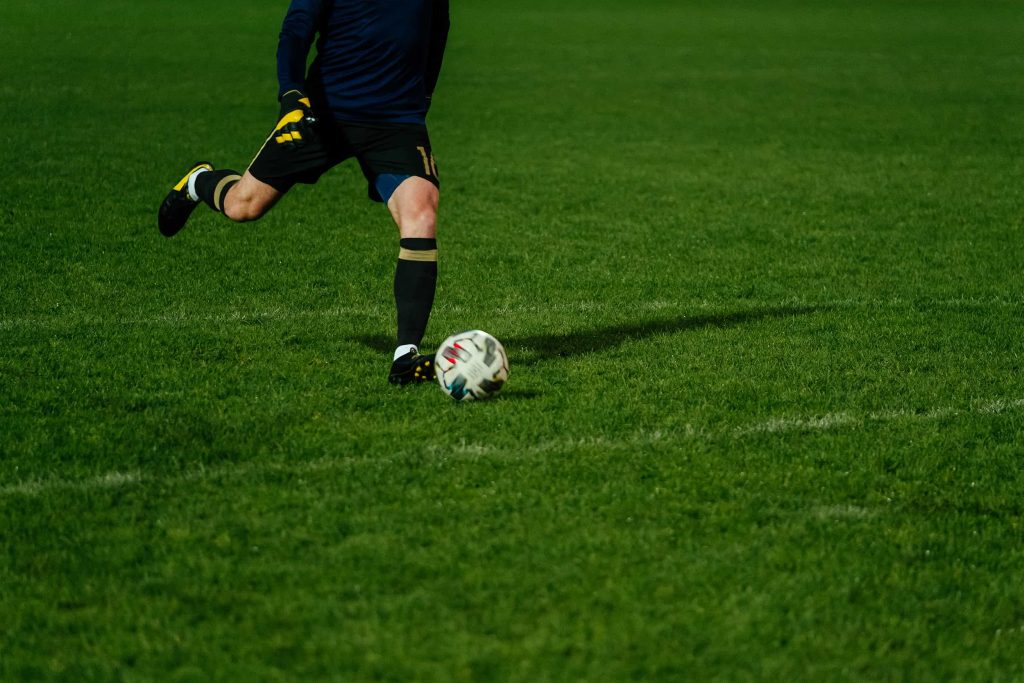For fans of Borussia Dortmund these days, change is nothing new. Ever since the heavy metal football of Juergen Klopp came crashing down during a 2014-15 Bundesliga season that was marred by fatigue and injuries, die Schwarzgelben have been searching for their next great team. The club, known as one of Europe’s most progressive ever since pulling themselves out of grave financial troubles a decade ago, found themselves receding to the mean in Germany just as they had looked fit to topple Bayern Munich from their dominant domestic perch. Droves of talented players have come and gone at an alarming rate, scarcely masking their view of one of the richest clubs in Europe as a convenient stepping stone on the well-worn path to Munich or another of the continent’s elite.
For a time, it looked like Thomas Tuchel would rediscover the excellence Klopp had restored to the club during his tenure. Under the prickly manager, experienced stars named Reus, Aubameyang, Mkhitaryan, Gundogan and Hummels combined with exuberant young talents like Ousmane Dembele, Julian Weigl and Christian Pulisic combined to create one of the most exciting teams in world football. However, after two seasons the mood soured, leading to the departure of Tuchel, well-respected Head Scout Sven Mislintat and a host of the most popular players in the squad.
Last season was even worse by some standards. Whether it was the one-dimensional approach of Peter Bosz or the dreary pragmatism of Peter Stoeger, the team underachieved for much of the season, barely eking out a top 4 finish and Champions League football for this season. The club once again had a busy year in 2017, buying and selling players to an almost compulsive degree. Fans became frustrated by the lack of consistency on the pitch, and moments of brilliance from players like Michy Batshuayi helped to conceal the fact that Dortmund was no longer playing truly great football.
When Dortmund hired Lucien Favre this summer after the manager’s two-year spell in France with Nice, it may well have signalled a shift away from the club’s turbulent business of the last couple of seasons. Coming with a wealth of Bundesliga experience and a respected reputation in football circles for his managerial acumen, the Swiss manager represented the closest thing the club had made to a “safe” hire in years. His tactics, while not revolutionary like his predecessors Klopp and Tuchel, represent a balanced approach that was lacking last season as the team moved from a reckless attacking approach under Bosz to the buttoned-down conservative football under Stoeger.
The transfer window saw yet another flurry of activity by the club, with eight new players arriving by transfer or loan and ten departures, including Roman Weidenfeller, finally hanging up his boots. However, unlike the previous January and summer before that, the club did not lose any of its most coveted young talents. Christian Pulisic and Julian Weigl stayed put despite persistent rumours linking them to the Premier League and elsewhere for eye-watering potential fees. Marco Reus recommitted his future to his beloved club and was handed the captain’s armband for his loyalty. Manuel Akanji and Abdou Diallo look like as talented a young defensive pairing as any in Europe. The club has more capable wide forwards than some entire leagues at their disposal.
In short, Borussia Dortmund has all of the ingredients for a sustained run at the top of the Bundesliga once again, and a real bid to end Bayern Munich’s reign at the top. The Bavarians, for their part, have struggled mightily this season as their decision to hire Niko Kovac has proved as perplexing in practice as it seemed when the news first broke. Schalke are languishing at the bottom of the table, and Dortmund have opened up a 3 point lead over RB Leipzig and three others. They have parlayed their solid early season form into their best chance at a Bundesliga title since Robert Lewandowski wore yellow and black.
The Bundesliga has received a lot of criticism in recent years for its status as a “one-horse race” and has seen Ligue 1 in France grow into a genuine rival for those hippest of fans who like to watch the stars of the future develop before their eyes. However, Bayern Munich’s rapidly ageing squad and apparent reluctance to spend anywhere near the kind of money other members of Europe’s elite do to maintain their lofty status has offered a glimmer of hope for the rest of the league.
Hans-Joachim Watzke and Michael Zorc have always favoured proactivity over holding firm. The executive duo have seemingly accepted their club’s role as one of the premier finishing schools for Europe’s brightest talents. They did not earn their mammoth reputations, and a lot of money for their club, by sitting on their hands while other clubs rise and fall around them. However, in order for Dortmund to take that next step into the void that Bayern, at least for now, appear to be vacating, perhaps it is time that they do. With a respected manager and a well-rounded playing squad that could use supplementation, not total renovation, Borussia Dortmund may finally become the perennial power they once teased five years ago.



